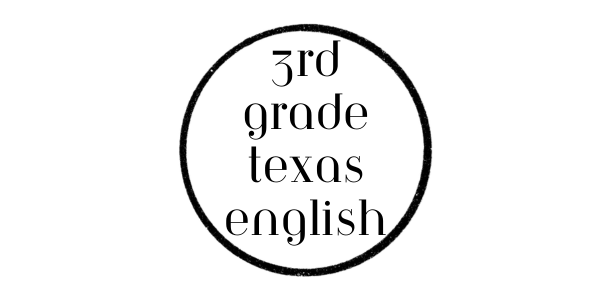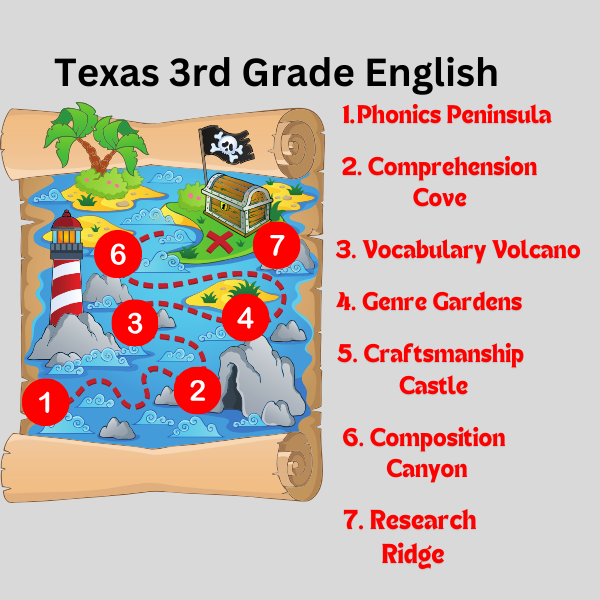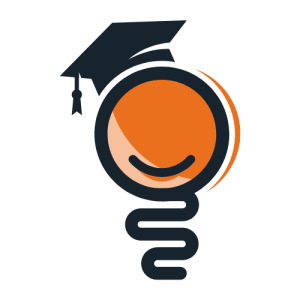

The English language arts and reading Texas Essential Knowledge and Skills (TEKS) show how listening, speaking, reading, writing, and thinking are all connected. There are seven parts called strands that help students build language skills, understand what they read, write better, and learn how to research. These strands focus on talking well, reading real books, and writing thoughtfully to make sure students in Texas can read and write effectively. The strands build on each other, getting more complex as students grow, so they can think critically and keep up with changes in language and literacy.
The seven parts of the TEKS for English language arts and reading work together to help students learn how to use language in different ways. They cover listening, speaking, reading, and writing to help students learn how to talk and write well. Even though some parts may need more time to teach, each one is important and can be taught in any order throughout the year. Learning to spell (encoding) and read (decoding) go hand in hand. Reading becomes easier when students also practice writing. Students should talk about what they learn, write regularly, read every day, and listen to stories to improve their skills across all subjects.
- The Texas Essential Knowledge and Skills (TEKS) for English language arts and reading emphasize the interconnected nature of listening, speaking, reading, writing, and thinking.
- There are seven integrated strands within the TEKS focusing on foundational language skills, comprehension, response, multiple genres, author's purpose and craft, composition, and inquiry and research.
- The strands aim to enhance academic oracy, authentic reading experiences, and reflective writing to promote literacy in Texas.
- Students progress through the integrated and progressive strands, developing knowledge and skills with increasing complexity to foster critical thinking and adaptability in language and literacy.
- The TEKS strands are designed to be interwoven for instructional purposes and are recurring in nature.
- These strands encompass language domains like listening, speaking, reading, and writing to boost students' social and academic language proficiency.
- While some strands may need more teaching time, all strands hold equal importance and can be taught in any sequence throughout the year.
- Encoding (spelling) and decoding (reading) skills are reciprocal, with decoding improving when students engage in tactile and kinesthetic encoding activities.
- Students are encouraged to participate in academic conversations, engage in regular writing activities, read daily, and listen to stories to enhance their skills across various subjects.
- The goal is to equip students with robust language abilities, critical thinking skills, and adaptability in an ever-evolving linguistic landscape.
